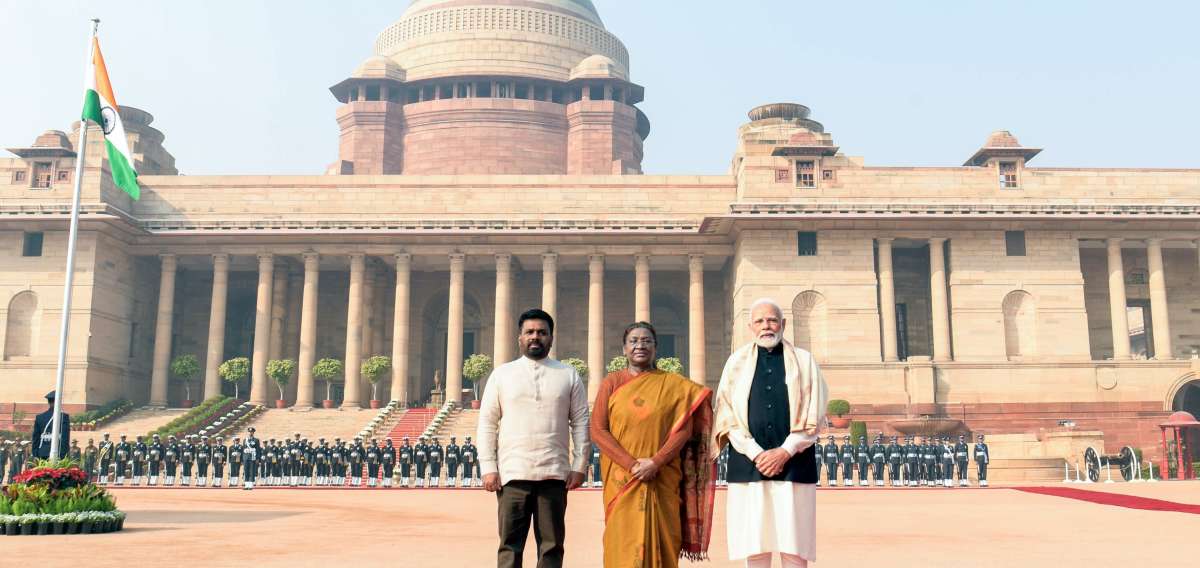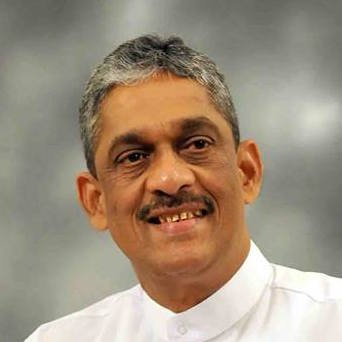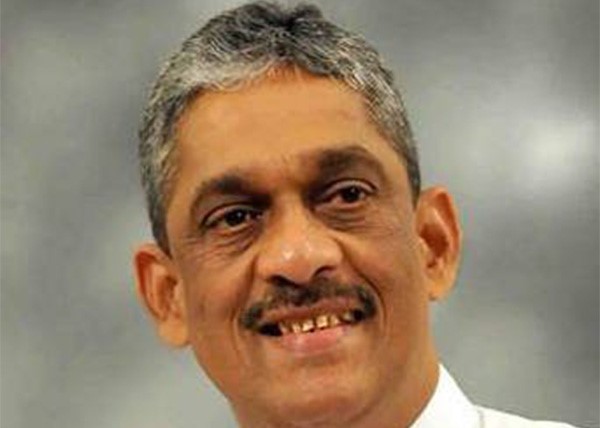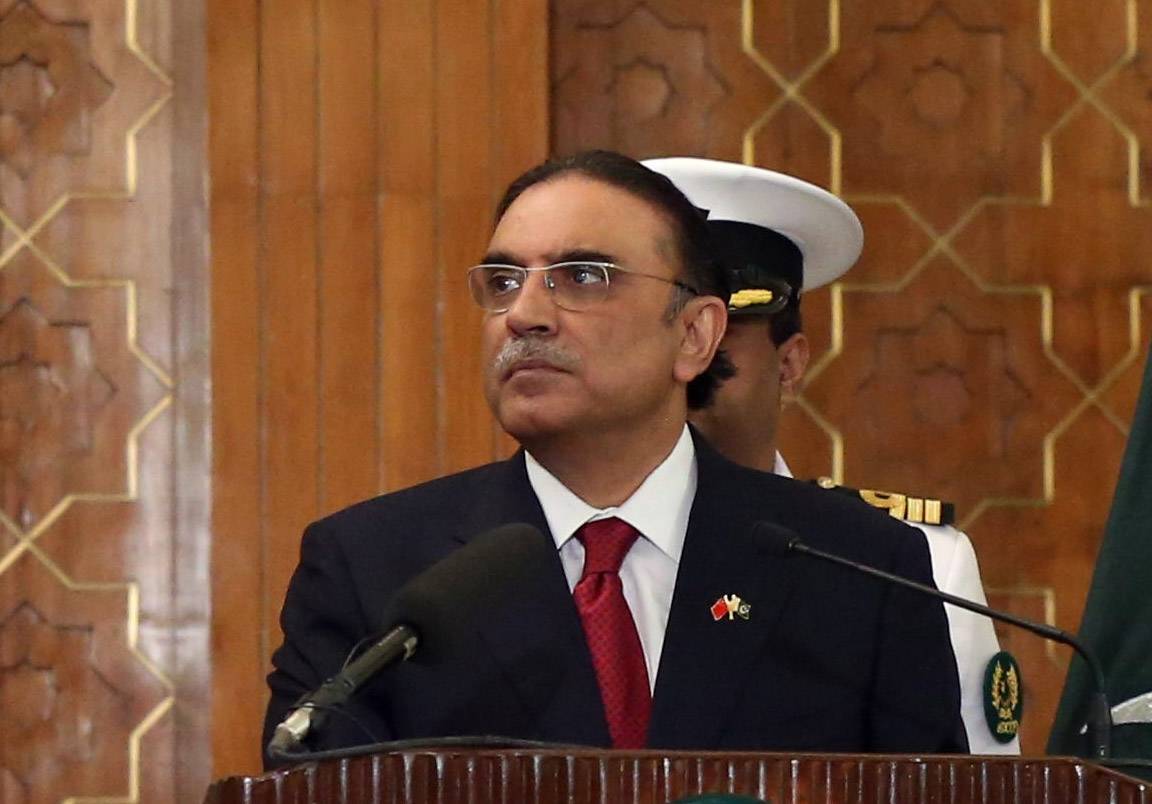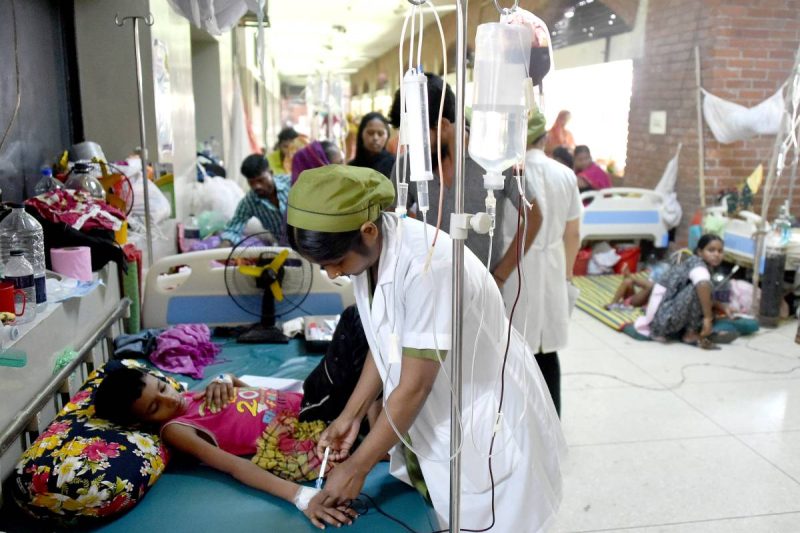The existing law holds social media companies accountable for objectionable content shared on their platforms as determined by Sri Lankan authorities….reports Asian Lite News
Sri Lanka announced plans on Tuesday to revise its stringent internet censorship law following backlash from major global tech firms, who faced potential legal repercussions for content shared on social media platforms. Information minister Bandula Gunawardana revealed that the cabinet had decided to amend the hastily passed Online Safety Law, acknowledging concerns raised by experts in the field.
The existing law holds social media companies accountable for objectionable content shared on their platforms as determined by Sri Lankan authorities. In response to opposition from an international coalition of tech companies, who deemed the legislation impractical, the government pledged to incorporate expert input into the proposed amendments.
Critics, including opposition lawmakers, condemned the law as an attempt to silence political dissent ahead of upcoming presidential elections. Social media played a pivotal role in mobilizing protests during Sri Lanka’s severe economic crisis in 2022, leading to widespread demonstrations and the resignation of then-president Gotabaya Rajapaksa.
The law imposes severe penalties, including up to 10 years in prison for social media executives failing to disclose user information linked to illicit content. It also criminalizes anonymous and parody social media accounts, extending jurisdiction to users posting from abroad. Public security minister Tiran Alles previously refuted claims that the law would suppress dissent.
UPI services in Sri Lanka
India recently launched its Unified Payment Interface (UPI) services in Sri Lanka and Mauritius.
RuPay card services were also launched in Mauritius as part of this initiative.
Prime Minister Narendra Modi attended the inaugural event virtually alongside his Mauritian counterpart Pravind Jugnauth, and Sri Lankan President Ranil Wickremesinghe.
Indians visiting the two nations will be able to utilise UPI services to make payments, and Mauritians travelling to India will be able to do the same. Additionally, Mauritian banks will be able to issue RuPay cards and use them for transactions in both India and Mauritius.
The launch of the Indian services comes amid growing bilateral economic ties with Sri Lanka and Mauritius.
UPI services, developed by the National Payments Corporation of India (NPCI), enable immediate real-time bank transactions using mobile phones.
RuPay is an Indian-based card payment network that is widely accepted at retail locations, ATMs, and online platforms globally.
Prior to this, NPCI International Payments Limited (NIPL) worked with Lyra, a well-known French expert in e-commerce and proximity payments, to introduce UPI services to France.
ALSO READ: Lanka Gears Up for 2025 Election Battle



